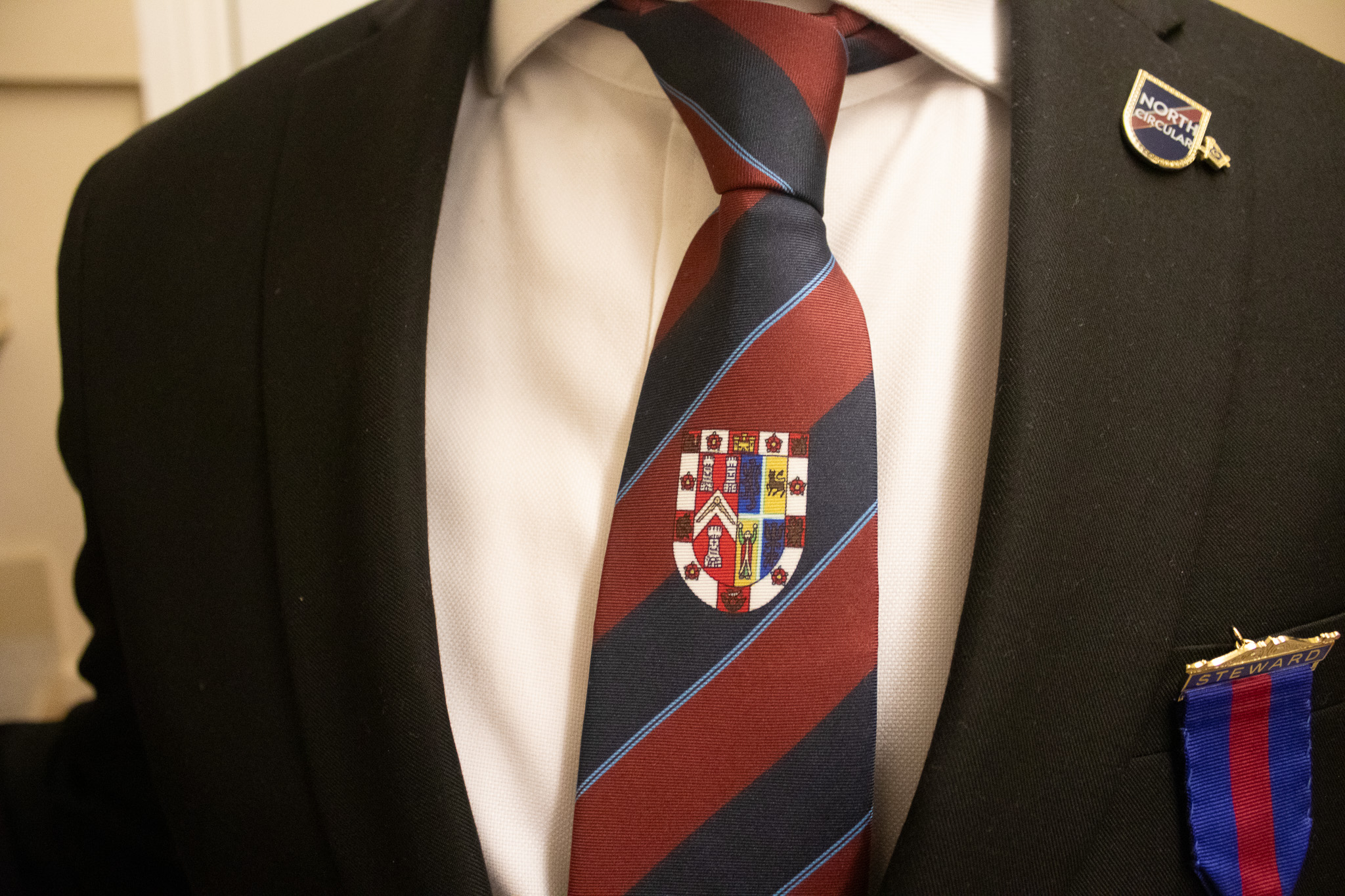
The Masonic Journey: A Path to Ethical Leadership
Freemasonry, often shrouded in secrecy, is an enigmatic fraternity that traces its origins back centuries. But beyond the rituals, symbols, and handshakes, it plays a vital role in shaping individuals into ethical leaders. Let’s embark on a journey to understand how Freemasonry accomplishes this transformation.
The Building Blocks of Character
Freemasonry and Moral Virtues
At its core, Freemasonry places a strong emphasis on moral and ethical values. Its teachings revolve around virtues such as honesty, integrity, and charity. Members are encouraged to lead virtuous lives, not just within the confines of the lodge, but also in their everyday interactions with the world.
These moral virtues are instilled through the teachings of Freemasonry’s rituals and symbols. For example, the square and compass, iconic symbols of Freemasonry, represent morality and ethics, reminding members of the importance of leading a balanced and upright life.
Citation: Freemasonry and Moral Values
The Quest for Self-Improvement
One of the fundamental tenets of Freemasonry is the continuous quest for self-improvement. Freemasons believe in the concept of becoming a better version of themselves, not just for personal gain but also to serve as role models in their communities.
This commitment to self-improvement is achieved through structured rituals and ceremonies. Initiations and degree work challenge members to reflect on their own character and strive for moral excellence. It is this dedication to personal growth that sets the stage for ethical leadership.
Citation: Freemasonry and Self-Improvement
Brotherhood: A Crucible for Ethical Leaders
The Bond of Brotherhood
A unique aspect of Freemasonry is the sense of brotherhood that exists among its members. This bond transcends mere friendship; it is a deep and profound connection built on shared values and principles. This sense of belonging creates a supportive environment for character development.
Freemasons, known as brethren, regularly meet in lodges, fostering an atmosphere of camaraderie and mutual respect. These gatherings provide a platform for the exchange of ideas, the discussion of moral principles, and the reinforcement of ethical values.
Citation: The Masonic Bond of Brotherhood
Learning from Each Other
Within the Masonic lodge, individuals from diverse backgrounds and walks of life come together. This diversity enriches the learning experience, as brethren share their unique perspectives and experiences. By learning from one another, members gain a broader understanding of ethics and leadership.
In the lodge, mentors often guide newer members on their Masonic journey. These mentors provide wisdom, counsel, and guidance, passing down the traditions and values of Freemasonry. This mentorship fosters ethical leadership by example.
Citation: Mentorship in Freemasonry
Ethics Beyond the Lodge: Freemasonry’s Impact on Communities
Charitable Initiatives
Freemasonry’s commitment to charity is a cornerstone of its ethical foundation. Lodges often engage in charitable activities, supporting causes that benefit the wider community. This philanthropic spirit instills in members a sense of duty towards society and reinforces their ethical principles.
Charitable initiatives range from providing financial assistance to individuals in need to supporting local schools and hospitals. By actively participating in these initiatives, Freemasons demonstrate their dedication to ethical leadership through service.
Citation: Freemasonry and Charity
Leadership in Action
As Freemasons progress through their Masonic journey, they are encouraged to take on leadership roles within the lodge. These leadership positions provide practical experience in decision-making, conflict resolution, and teamwork—essential skills for ethical leaders.
Furthermore, the principles of Freemasonry, such as fairness and justice, guide members in their roles as leaders both within and outside the lodge. This ethical compass ensures that Freemasons uphold the highest moral standards in their professional and personal lives.
Citation: Freemasonry and Leadership
FAQs: Exploring the Mysteries of Freemasonry
Q1: Is Freemasonry a secret society?
A1: Freemasonry is often mistaken for a secret society, but it is more accurately described as a fraternal organization. While some aspects of its rituals and ceremonies are kept private, its principles and values are openly shared.
Q2: How can one become a Freemason?
A2: To become a Freemason, one must express their interest to a Mason and seek sponsorship. The process typically involves an application, background check, and initiation ceremony.
Q3: Are women allowed to join Freemasonry?
A3: There are Masonic organizations for women, such as the Order of the Eastern Star and the White Shrine of Jerusalem. However, traditional Freemasonry remains exclusively for men in many jurisdictions.
Q4: Do Freemasons engage in political activities?
A4: Freemasonry prohibits its members from using the organization for political purposes. It promotes a neutral stance on political matters to maintain harmony among its diverse membership.
Q5: What is the significance of the Masonic apron?
A5: The Masonic apron is a symbol of purity and moral rectitude. It signifies a Mason’s commitment to living an upright and virtuous life.
Wrapping It Up: The Legacy of Ethical Leadership
In this journey through the world of Freemasonry, we’ve uncovered the profound impact it has on shaping ethical leaders. From its emphasis on moral virtues and self-improvement to the unique bond of brotherhood and commitment to community service, Freemasonry provides a fertile ground for character development.
As we conclude our exploration, it’s evident that Freemasonry’s influence extends far beyond the walls of the lodge. The principles and values instilled within its members resonate in their roles as ethical leaders in society. By upholding these principles, Freemasons contribute to the betterment of their communities and the world at large.
So, the next time you encounter the enigmatic world of Freemasonry, remember that it is not just a secret society but a fraternity dedicated to nurturing ethical leaders who, in turn, strive to make the world a better place.

0 comments
Write a comment